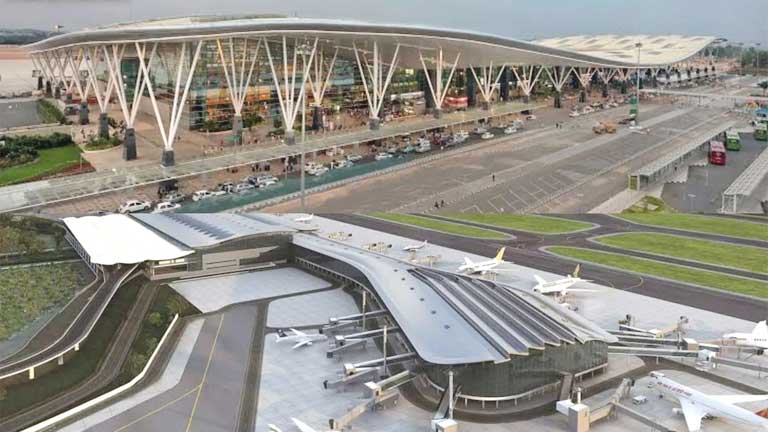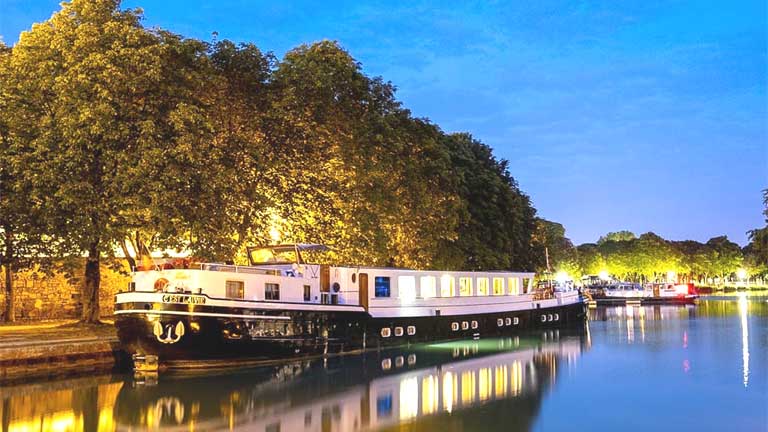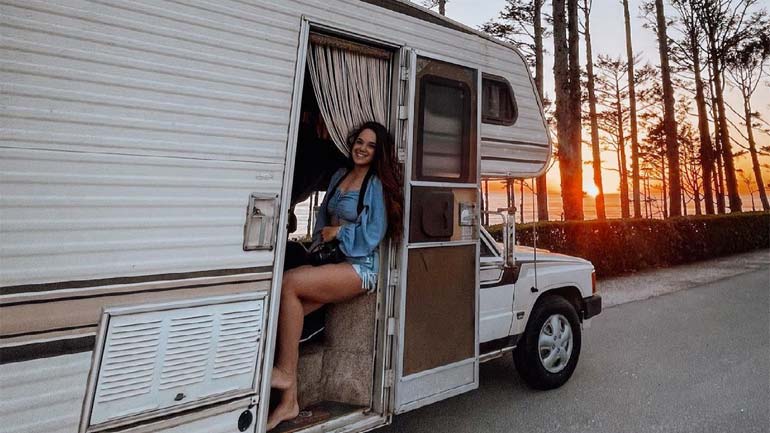Have you ever spent more time in a store’s parking lot than you’ve spent in the store? Turns out this is more common than you might think. So common in fact, recent research has indicated that Americans spend an average of 17 hours per year searching for parking spots at their destinations. More densely populated areas such as major U.S. cities create even more of an issue for those looking for consistent parking. Around the world, there is a similar issue. Drivers in the United Kingdom spend an average of 44 hours a year searching for parking as well. Regardless of where you reside, the time spent searching for parking can have a serious impact on maintaining your tight schedule and reserving your vehicle’s fuel. On the bright side, there are a number of ways to both save gas and lower your carbon footprint while on the road.
The comfort and convenience of family trips rely heavily on moving. You’re bound to produce waste and emissions as you journey to different destinations, leaving small yet incremental bits of harm to the environment. However, with a few simple changes and a commitment to eco-friendliness, families can keep their impact minimal and travel sustainably.
The most effective form of environmentally friendly travel is public transportation. Though it is a more limited option for travelers around the world, if you’re looking to travel locally in your area, public transportation is likely the cheapest option you have. For trips outside of your local vicinity with friends or family, another alternative is carpooling. Reducing the number of cars on the roadways, in addition to saving your travel group time, are amongst the reasons why so many consider this a useful alternative.
There are a number of common habits that drivers exhibit that also have a negative impact on the environment. One of them is how many items are stored in your vehicle. If you’re planning on traveling, empty your vehicle of any unnecessary items prior to loading in your luggage to ensure the vehicle is not overweight capacity. Other auxiliary functions you might not think of too often also contribute to your carbon footprint. Blasting your air conditioning rather than driving with the windows down, immediately cranking the heat up to max on a winter day, and even maintaining a speed above the speed limit can increase carbon emissions and decrease the expected mileage of your vehicle. These are all habits that are overlooked by many drivers around the world but can make a significant difference if reduced.
If these routines are tricky to maintain, consider offsetting your carbon emissions. You can purchase them to ‘buy back’ the impact of your travel on the environment.
Additionally, you may also choose a greener insurance company for your automobile. One such company plants a tree for every green slip you purchase. This helps keep reforestation efforts going, especially in locations where trees are vanishing.
If you’re interested, getting a green slip quote online is easy.
Even the parking habits drivers have can be adjusted to make a difference. Take any parking lot for example. Your first instinct is to find the closest spot to your destination. Whichever spot makes drivers or passengers have to walk the least amount before arriving at their destination. However, the best course of action would be parking in the first spot you see, even if it’s the furthest away, and walking the rest of the way in order to reduce your vehicle’s emissions. Believe it or not, the way you park in the spot you choose also makes a difference. If you decide to reverse into your parking spot closest to the lots’ exit, you’re saving your vehicle a significant amount of energy by not forcing it to have to change gears rapidly to get out of the spot.
Greener Travels, Greener Future
To wrap up, weighing your carbon footprint every time you travel is essential. By taking more eco-friendly steps like using public transportation, planning your trip ahead, purchasing carbon offsets, and getting your vehicle insurance from companies that support sustainability, you’re making a valuable contribution that seems small yet pays off greatly in the future. You can enjoy your family trip somewhere beautiful with a clear conscience
Families who respect nature are role models to others. In time, everyone will follow suit and do their part. This way, we can keep the planet liveable and enjoyable for generations to come.
It’s no surprise that transportation emissions around the world have contributed to our global warming crisis. However, if even half the drivers around the world made a conscious effort to reduce their emissions, it would create a lasting impact. For more information on how you can reduce your emissions, check out the featured infographic below.

Author bio: Ian Todd is Director of Automated Parking Systems for Westfalia, a York, Pennsylvania-based manufacturer. Todd has more than 15 years of experience in automated parking systems in both Europe and the Americas, where he has held roles in product development, project management, marketing, and business development and sales.




